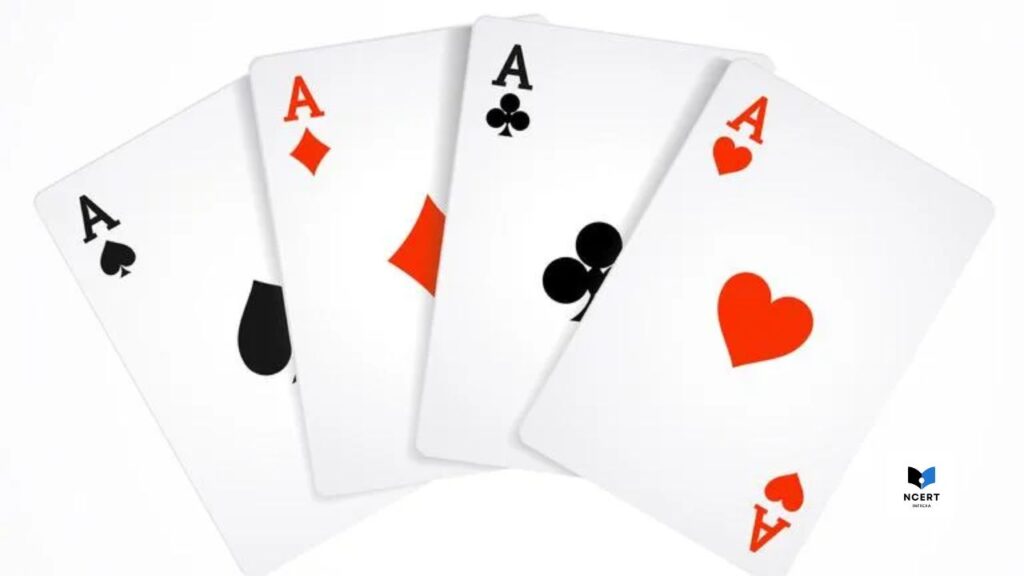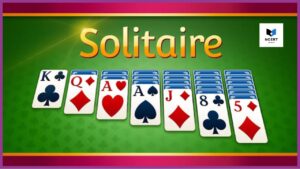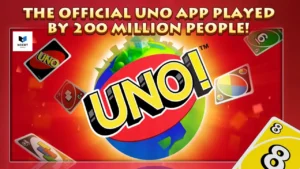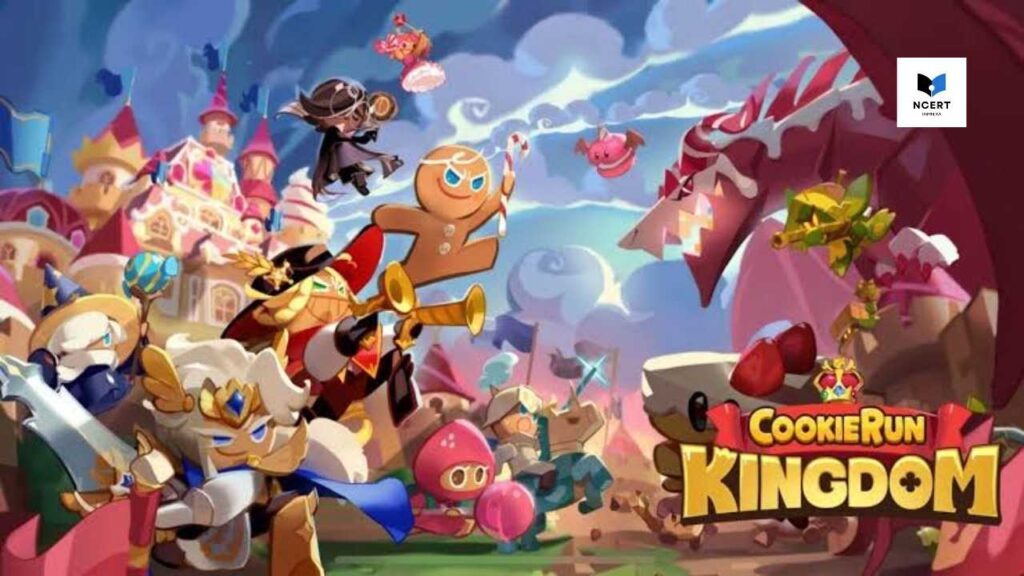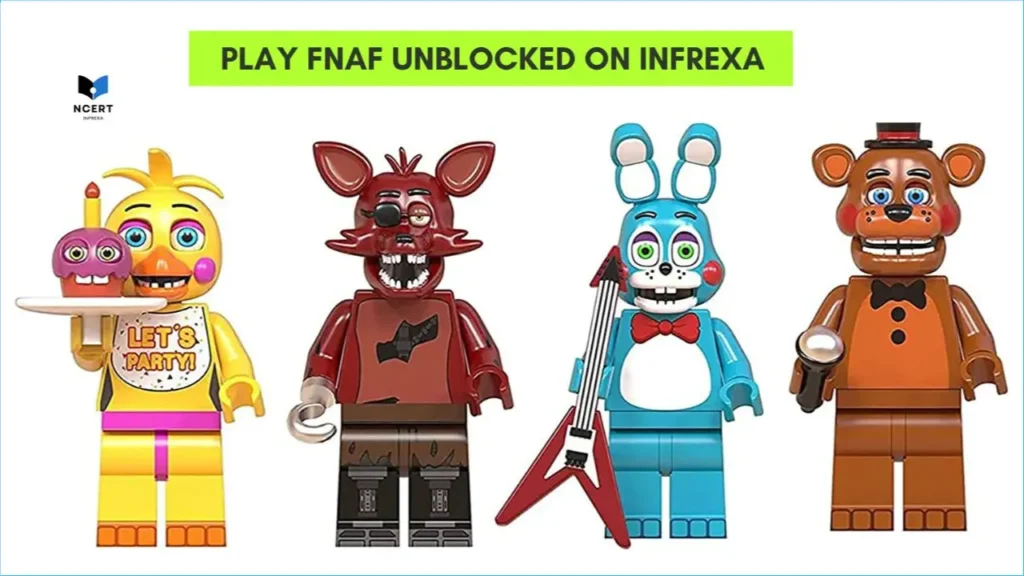Card games have been part of my life for as long as I can remember. Some of my earliest memories are of shuffling worn-out decks at my grandparents’ house and trying to “beat the cards” late into the night. Over the years, I’ve played hundreds, maybe thousands, of card games, both online and offline.
While many card games are designed to be social, I’ve found something gratifying about playing solo card games. They’re quiet, meditative, and surprisingly challenging. They’ve taught me patience, strategy, and even resilience.
In this guide, I’m not just listing games – I’m sharing my own experiences, personal strategies, and lessons learned after years of playing these games, both casually and competitively. If you’re looking for authentic insights rather than a generic list, this is for you.
Why Trust This Guide?
- I’ve been playing these games for over 15 years, from physical decks to digital platforms.
- I’ve explored not just the rules but the advanced tactics that make or break each game.
- I’ve tested multiple variations of these games across different regions and apps.
- I only share strategies that I’ve personally used and verified over time.
This isn’t just another roundup – it’s a practical guide built on hands-on experience.
My Go-To Solo Games With a Standard Deck
These are the timeless classics – the ones I always come back to when I just want to shuffle, focus, and play.
1. Klondike
If someone says “Solitaire,” this is probably the game they mean. I’ve played Klondike on everything from battered old decks to my dad’s Windows 95 computer.
Why I love it:
- It blends luck and strategy beautifully.
- No two games are the same, which keeps it endlessly fresh.
Personal tip:
Never rush your first moves. Early mistakes – like sending a card to the foundation too soon – can block your ability to uncover hidden cards later. That’s a rookie mistake I made for years.
2. FreeCell
Unlike Klondike, nothing is hidden in FreeCell. All 52 cards are visible right from the start.
Why I keep coming back:
- It feels less luck-dependent and more like solving a logic puzzle.
- You can “see” your path to victory if you think ahead.
My personal strategy:
- Empty free cells = flexibility. Always clear them early.
- Prioritize empty columns. They give you space to move entire sequences.
After years of playing, I’ve learned that FreeCell rewards patience and foresight more than any other game.
3. Spider Solitaire
Spider is the game I turn to when I want to push my limits. It uses two full decks and demands a higher level of planning.
How I learned it:
I started with the one-suit variation, mastered it, and then moved on to the two- and four-suit versions. It’s a humbling journey, but deeply rewarding.
Pro tip:
Don’t just aim to complete sequences – think three steps ahead. Freeing up columns early is the key to survival here.
4. Pyramid
Whenever I want a short, stimulating game, I go for Pyramid. It takes less than five minutes to set up and play.
You arrange cards in a pyramid and remove pairs that add up to 13. It’s simple but surprisingly satisfying.
How I use it:
I often play Pyramid during breaks to wake up my brain. It’s quick, fun, and perfect for resetting my focus.
5. Golf
Golf Solitaire is one of my favorites when I want speed over complexity.
Why I recommend it:
- It encourages quick tactical decisions.
- Scoring is cumulative over multiple rounds, which adds a fun “tournament” feel.
Personal insight:
If you’re impatient or just want to sneak in a few games between tasks, Golf is ideal.
6. Tri-Peaks
I discovered Tri-Peaks on a gaming console years ago, and I was instantly hooked. You build three overlapping pyramids and clear cards by playing one rank above or below the waste pile.
Why it’s special:
- It strikes the perfect balance between luck and skill.
- It’s visually more engaging than most solitaire games.
Personal trick:
Always plan two future moves – sometimes it’s better to delay a “perfect” move if it opens a stronger sequence later.
Lesser-Known Gems I’ve Grown to Love
These aren’t as popular, but they’ve become part of my regular rotation. If you’re ready to explore beyond the basics, start here.
7. Yukon
Yukon looks intimidating at first, but it’s incredibly rewarding. I love calling it a Game of Infinite Possibilities
Why I love it:
- You can move entire sequences, even if they’re not perfectly ordered.
- It encourages creative problem-solving.
My early games were chaotic, but once I learned to visualize multiple moves ahead, Yukon became one of my most satisfying challenges.
8. Canfield
Canfield is notoriously hard. With just a 13-card reserve pile and low win rates, it tests your resolve and adaptability.
I’ve won fewer than five times in years of playing – but every victory feels monumental. If you enjoy high-risk, high-reward games, this one’s for you.
9. Memory
It is a Brain-Training Classic. I underestimated Memory until I tried laying out all 52 cards face down.
Why it’s brilliant:
- It’s a pure test of short-term memory.
- It doubles as a brain workout that improves focus.
Sometimes I challenge myself by timing my matches, and I’ve noticed significant improvements in recall speed over time.
10. Aces Up
The Fast, Frustrating, Addictive game. If you only have five minutes, Aces Up is perfect. The goal is to eliminate everything but the four aces.
Personal note:
The rules are easy, but the frustration is real. It’s one of the few games where I’ve genuinely shouted at the cards – but I keep coming back because the challenge is addictive.
11. Accordion
Accordion’s goal is simple: compress the deck into a single pile.
Why I respect it:
- The rules are minimal.
- Winning feels nearly impossible.
After dozens of attempts, I haven’t beaten it yet – but that’s what keeps me hooked. It’s the ultimate solo endurance test.
12. Sir Tommy
Whenever someone asks me where to start, I recommend Sir Tommy.
Why:
- It’s straightforward and low-pressure.
- The rules are easy to learn in under a minute.
It’s the game I teach friends when they want to dip their toes into solo card gaming without getting overwhelmed.
Why Solo Card Games Matter
For me, playing solo card games isn’t just about passing the time – it’s about:
- Sharpening my mind with logical puzzles.
- Finding mindfulness in an offline ritual.
- Competing against myself, not anyone else.
In a world that’s always online, there’s something special about unplugging, sitting down with a deck of cards, and losing yourself in the game.
Game link of some One-Player Card Games
We are adding more One-Player Card Games to this Category
